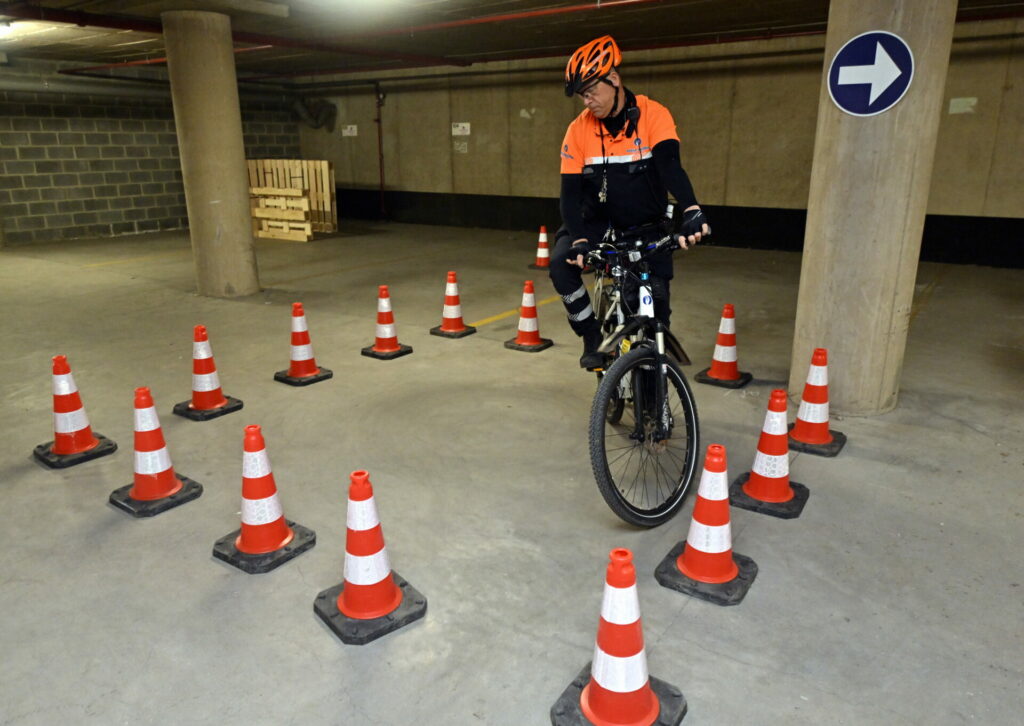Belgium's Court of Audit delivered an overwhelmingly negative conclusion of the basic training course for police officers in Belgium, in a report released on Thursday.
Candidates who have previously passed the selection test are given theoretical and practical training over a twelve-month period.
This is provided by ten schools in Belgium: five in Flanders, three in Wallonia, and two in Brussels, all of which are certified and funded by the Federal Police.
Police inspectors must then conduct a six-month traineeship in a police department after completing this training. This internship is not included in the basic training.
The Court’s critical conclusions
Between 2017 and 2019, 1250 police officers were trained, 150 fewer than the expected number set out by the Interior Ministry.
The report found that there are significant delays between the conclusion of the basic training course and the commencement of the on-the-job traineeship.
Related News
- 'Particularly stupid': Undercover police in Brussels offered stolen goods
- Video surveillance to be expanded in Brussels City Centre and Ixelles
- Over 1,000 reports of gender-based discrimination in Belgium last year
Thirdly, a lack of uniformity in the training means that new officers are poorly prepared for the realities of the job. The report highlighted the lack of a central body to assess the schools, leaving them to organise their courses however they see fit, with a supposed training quality control commission yet to be established.
Despite the urgent need for oversight and quality control, the Court stated that there is a lack of long-term thinking in police teaching as “the distribution of trainers across schools has not been reviewed since 2002.”
Disproportionate funding
The €5 million disbursed to these academies has also come under scrutiny, with the report claiming that the sum no longer correlates to the reality of the cost of trainee integration in the institutions.
Subsidies vary widely depending on the schools and years: €3,440 and €14,115 per trainee.
Finally, there is no established standard for compensating external lecturers, which the Court believes may lead to increased competition among institutions to recruit the most in-demand teachers and provide the best courses.

